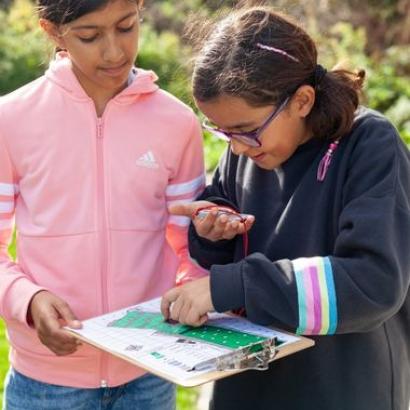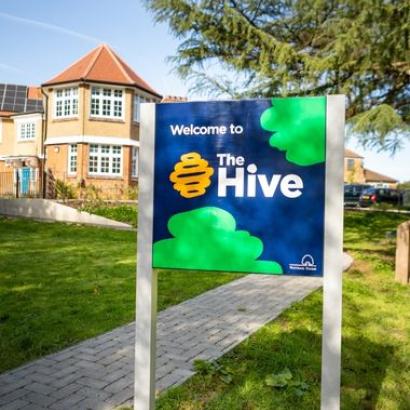

Hot homes: hotter planet
Hot homes: hotter planet
Activities to help students to learn about the role of insulation in reducing green-house gas emissions. They will carry out an investigation on the effectiveness of different types of insulation. Students will explore some of the sustainable features which help us to reduce green-house gas emissions at our Centre. They will have the opportunity to demonstrate their understanding of climate action through an achievable personal behaviour change.
Specific Learning Objectives:
- To understand the science of climate change
- To investigate the energy transfer from hot to cold through different materials and apply that to the need for insulation in homes
- To understand the importance of insulation in mitigating climate change
- To demonstrate their understanding of climate action through an achievable personal behaviour change.
National curriculum links
KS3 Science
Working scientifically
Chemistry - Earth and atmosphere
- the carbon cycle
- the composition of the atmosphere
- the production of carbon dioxide by human activity and the impact on climate
Physics - Energy changes and transfers
- heating and thermal equilibrium: temperature difference between two objects leading to energy transfer from the hotter to the cooler one, through contact (conduction) or radiation; such transfers tending to reduce the temperature difference: use of insulators
KS3 Geography
Human and physical geography
- understand, through the use of detailed place-based exemplars at a variety of scales, the key processes in:
- physical geography relating to: weather and climate, including the change in climate from the Ice Age to the present
- human geography relating to: population and urbanisation; international development; economic activity in the primary, secondary, tertiary and quaternary sectors; and the use of natural resources
- understand how human and physical processes interact to influence, and change landscapes, environments and the climate; and how human activity relies on effective functioning of natural systems
KS3 PSHE guidance
Teaching should develop pupils’ understanding of democracy, government and the rights and responsibilities of citizens. Pupils should use and apply their knowledge and understanding whilst developing skills to research and interrogate evidence, debate and evaluate viewpoints, present reasoned arguments and take informed action.
Pupils should be taught about:
- the development of the political system of democratic government in the United Kingdom, including the roles of citizens, Parliament and the monarch
- the operation of Parliament, including voting and elections, and the role of political parties
- the precious liberties enjoyed by the citizens of the United Kingdom
- the nature of rules and laws and the justice system, including the role of the police and the operation of courts and tribunals
- the roles played by public institutions and voluntary groups in society, and the ways in which citizens work together to improve their communities, including opportunities to participate in school-based activities



